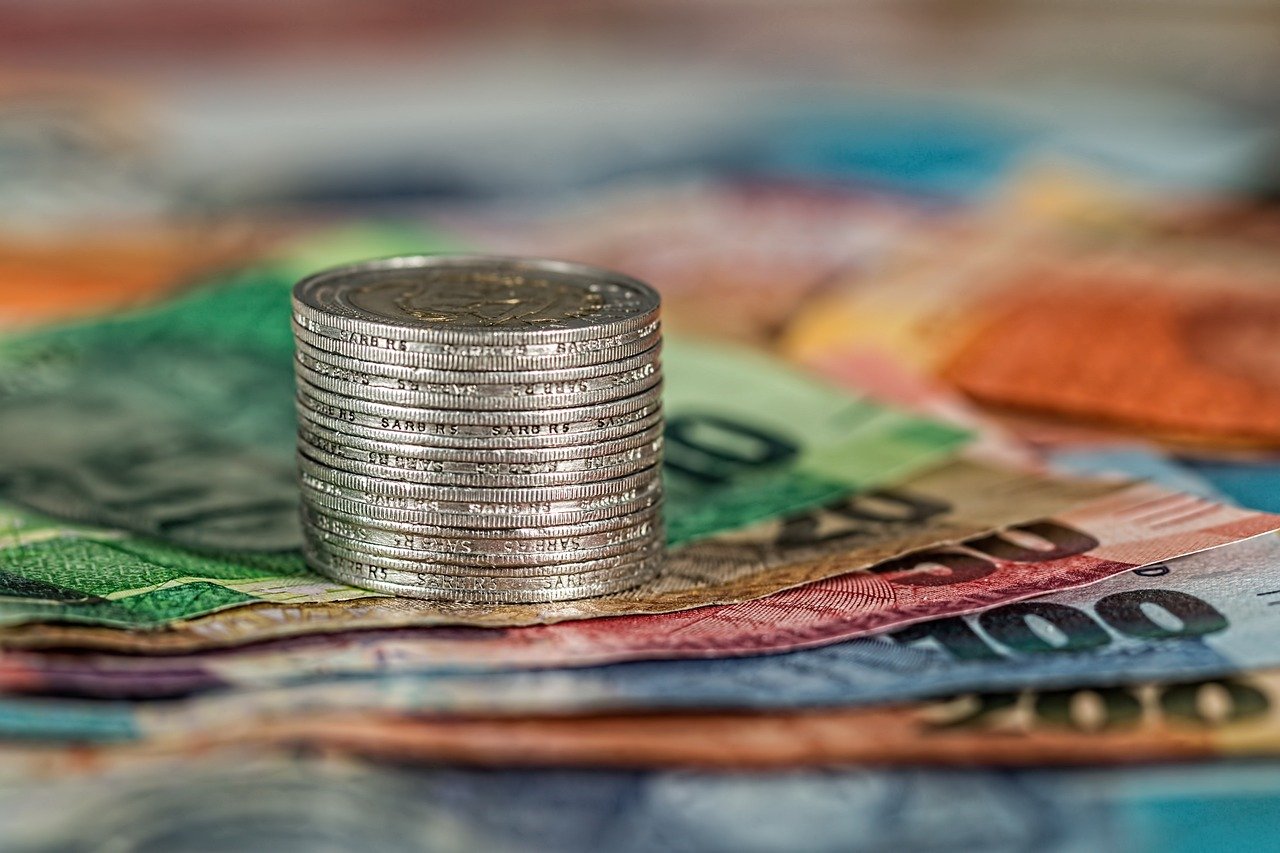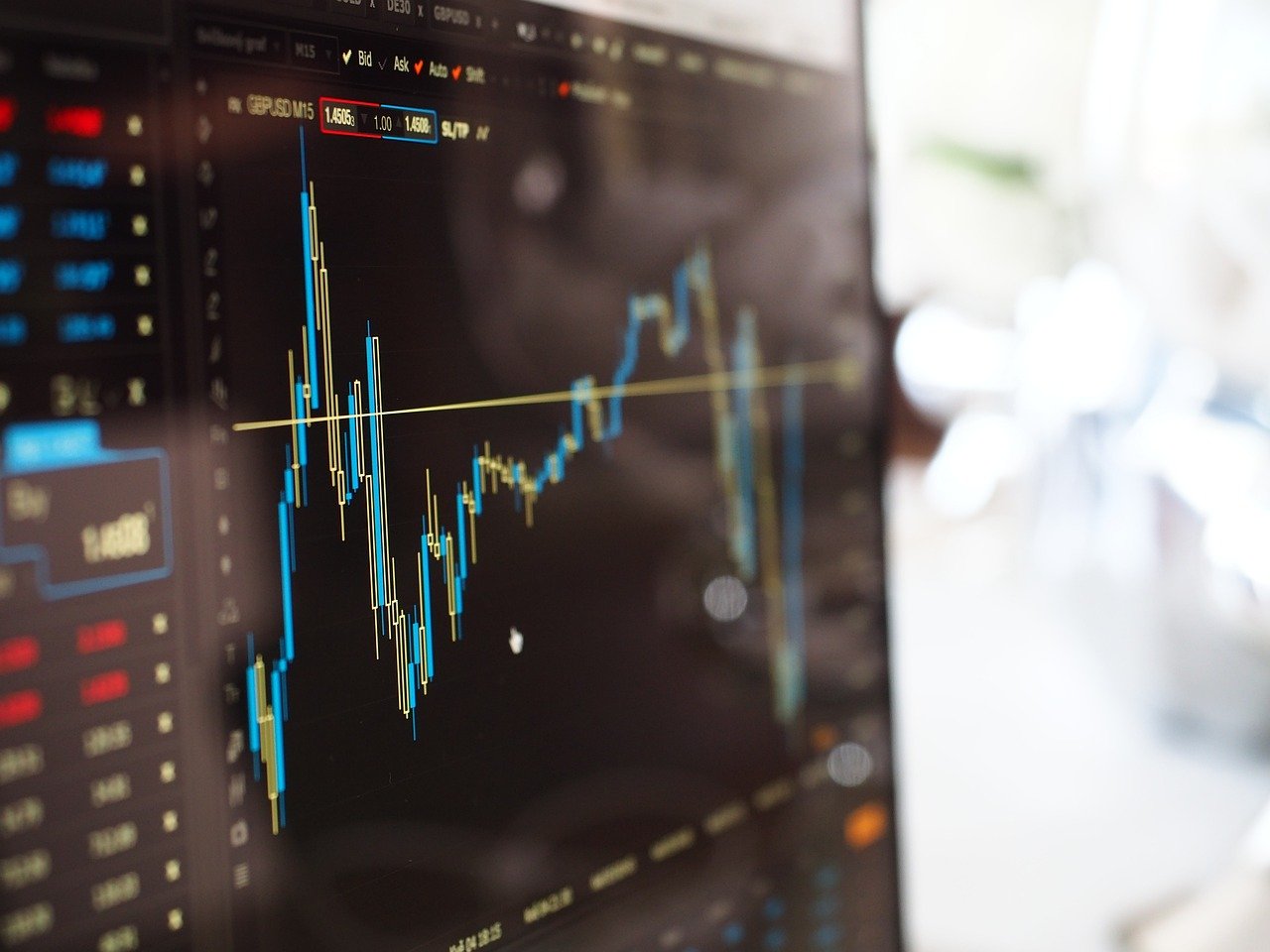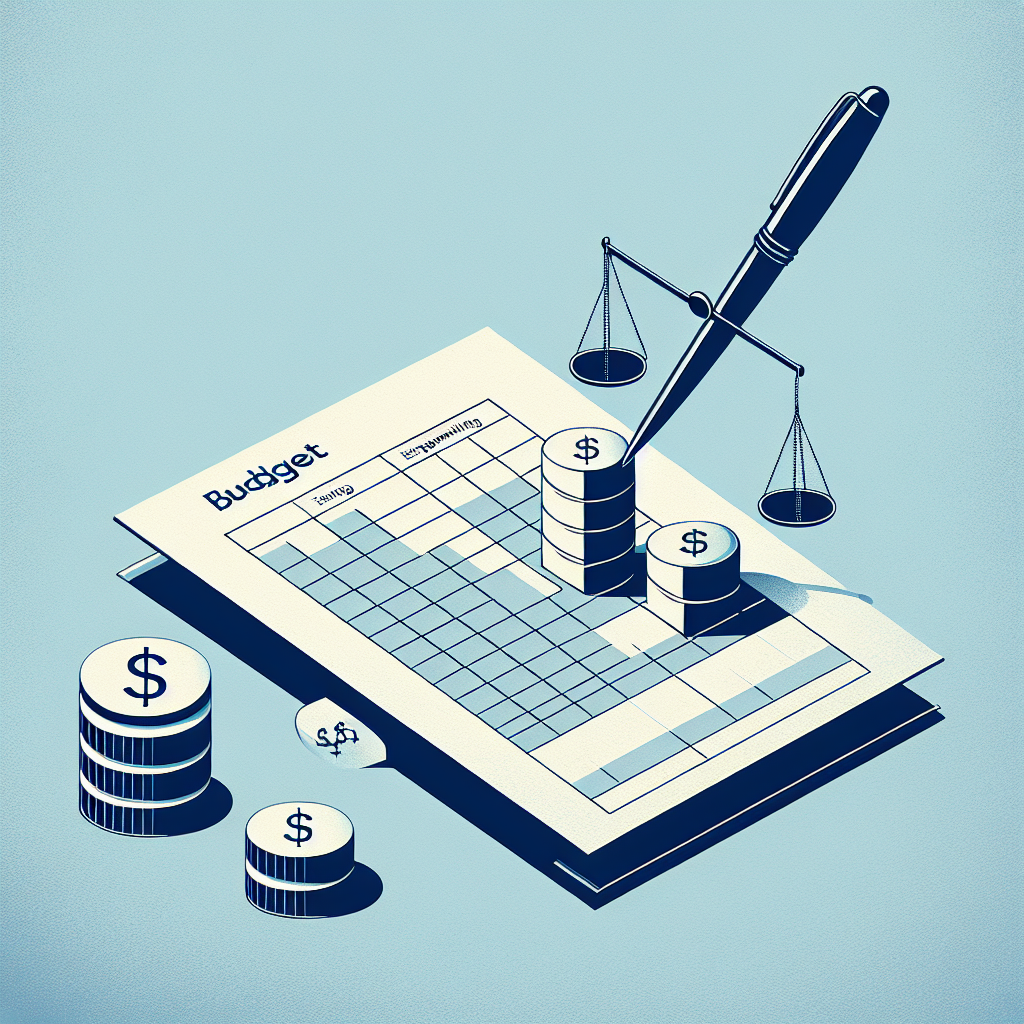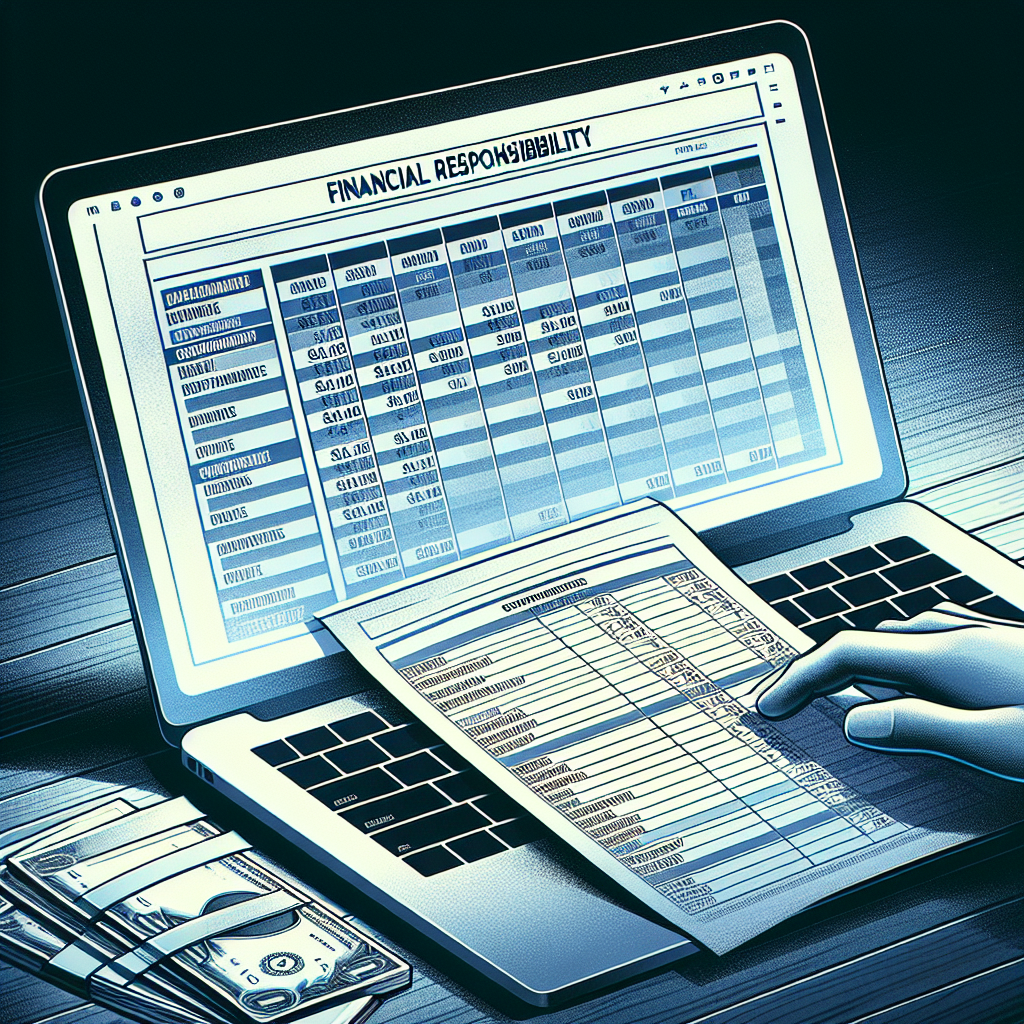You’re diligent when it comes to managing your finances, but have you ever wondered if you’ve accurately accounted for all your monthly expenses? It’s easy to overlook small purchases or forget about recurring bills. In this article ‘Mastering Monthly Expense Tracking: Never Miss a Cent Again’, we will explore the importance of thorough expense tracking and provide you with practical tips to ensure you don’t miss a single cent. So grab a cup of coffee and let’s dive into the world of expense management!

Making a Budget
When it comes to financial management and achieving your financial goals, budgeting is an essential tool. Creating a budget helps you track your expenses, evaluate your income, and allocate your money effectively. By following a well-structured budget, you’ll have a clearer understanding of your financial situation and be able to make more informed decisions about your spending and saving habits.
Tracking Your Expenses
The first step in creating a budget is to track your expenses. This involves keeping a detailed record of where your money is going each month. You can start by reviewing your bank statements and credit card statements to see what you have spent in the past month. Look for recurring expenses such as rent or mortgage payments, utility bills, insurance payments, loan payments, and subscription services. Additionally, make note of any variable expenses like food and groceries, transportation costs, entertainment expenses, personal care expenses, and miscellaneous expenses.
Estimating Fixed Expenses
Fixed expenses are those that you have to pay on a regular basis and generally remain the same each month. Examples of fixed expenses include your rent or mortgage, utility bills, insurance payments, loan payments, and subscription services. To estimate your fixed expenses accurately, look at your recent bills and make note of the amounts. It’s also important to consider any upcoming changes in these expenses, such as an increase in insurance premiums or a change in your loan repayment plan.
Accounting for Variable Expenses
Unlike fixed expenses, variable expenses fluctuate from month to month. These expenses may include food and groceries, transportation costs, entertainment expenses, personal care expenses, and miscellaneous expenses. To account for variable expenses, it’s helpful to review your spending patterns from the past few months. Look at your bank statements and credit card statements to see how much you typically spend in each category. This will give you an idea of what to allocate for these expenses in your budget.
Income Evaluation
After tracking and estimating your expenses, the next step is to evaluate your income. This involves identifying all sources of income and calculating your net income, which is the amount of money you have left after deducting taxes and other deductions.
Identifying all Sources of Income
Start by making a comprehensive list of all the sources of income you have. This could include your salary or wages from your job, rental income, freelance or side gig income, and any investments or dividends you receive. It’s important to include all sources of income to get an accurate view of your financial situation.
Calculating Net Income
To calculate your net income, subtract all taxes and other deductions from your total income. This will give you a clearer picture of how much money you have available to cover your expenses and save for your financial goals. Net income is an important figure to consider when creating your budget, as it determines how much discretionary income you have available.
Fixed Expenses
Fixed expenses are the costs that you have to pay regularly and remain relatively stable from month to month. It’s crucial to allocate a portion of your income to cover these expenses, as they are typically non-negotiable and essential to your daily life.
Rent or Mortgage
Your rent or mortgage payment is likely to be one of your largest fixed expenses. Make sure to allocate enough money in your budget to cover this expense each month. If you’re a renter, consider the possibility of rent increases and budget accordingly. If you’re a homeowner, make sure to include your mortgage payment, property taxes, and homeowner’s insurance in your budget.
Utility Bills
Utility bills such as electricity, water, and gas are essential expenses that need to be accounted for in your budget. Review your past bills to get an accurate estimate of how much you typically spend on utilities each month. Keep in mind that these expenses may vary seasonally, so consider any fluctuations when setting your budget.
Insurance Payments
Insurance payments, including health insurance, car insurance, and home insurance, are important fixed expenses that provide financial protection. Include these payments in your budget and keep in mind that insurance premiums may change over time, so regularly review and update your budget as needed.
Loan Payments
If you have any loans, such as student loans or car loans, it’s crucial to include the monthly payments in your budget. Make sure to allocate enough money to cover these payments and consider any changes in interest rates or repayment plans that may affect your budget.
Subscription Services
Nowadays, many people have various subscription services like streaming platforms, gym memberships, or monthly subscription boxes. While these expenses may seem small individually, they can add up quickly. Include all your subscription services in your budget and evaluate whether or not they align with your financial goals and priorities.
Variable Expenses
Variable expenses are the costs that change from month to month and can be adjusted based on your needs and preferences. While these expenses may not be as consistent as fixed expenses, they still need to be accounted for in your budget.
Food and Groceries
Food and groceries are necessary expenses that vary depending on your dietary preferences and the number of people in your household. Review your past grocery bills and estimate how much you typically spend on food each month. Consider planning your meals and making a shopping list to avoid impulse buys and unnecessary expenses.
Transportation Costs
Transportation costs include things like fuel, public transportation fares, and vehicle maintenance expenses. If you own a car, budget for fuel costs based on your average monthly usage. If you primarily use public transportation, consider any monthly passes or fares you incur. Don’t forget to account for any vehicle maintenance or repair costs that may arise.
Entertainment Expenses
We all need some form of entertainment and relaxation in our lives. Budgeting for entertainment expenses can include going to movies, eating out, hobbies, or recreational activities. Determine how much you’re willing to allocate for entertainment each month and prioritize activities that align with your budget and goals. Consider looking for free or low-cost entertainment options to stretch your budget further.
Personal Care Expenses
Personal care expenses cover items such as toiletries, haircuts, salon services, and personal grooming products. These expenses can vary depending on your personal preferences and needs. Evaluate how much you typically spend on personal care each month and adjust your budget accordingly.
Miscellaneous Expenses
Miscellaneous expenses can include things like gifts, home decor, clothing purchases, and unexpected expenses. It’s essential to allocate a portion of your budget to cover these miscellaneous expenses, as they can arise unexpectedly. Consider setting aside a separate fund for miscellaneous expenses or building an emergency fund to handle unexpected costs.

Reviewing Bank Statements
Once you’ve created a budget and allocated your income towards various expenses, it’s important to regularly review your bank statements to ensure your budget aligns with your spending habits.
Analyzing Transactions
Take the time to thoroughly analyze your bank statements and identify any discrepancies or unusual spending patterns. Look for any transactions that don’t fit within the categories you’ve established in your budget.
Identifying Missing Expenses
While tracking your expenses, it’s possible that you may miss some expenses or forget to include them in your budget. Reviewing your bank statements can help you identify any missing expenses that need to be accounted for. Make adjustments to your budget as necessary to ensure it accurately reflects your spending habits.
Using a Personal Finance App
Managing your budget manually can be challenging and time-consuming. Thankfully, there are various personal finance apps available that can simplify the process and help you stay on track with your budgeting goals.
Automated Expense Tracking
Personal finance apps often offer automated expense tracking features. These apps sync with your bank accounts and credit cards, automatically categorizing your expenses and providing you with detailed reports. This eliminates the need for manual tracking and makes it easier to see where your money is going.
Categorizing Expenses
Personal finance apps allow you to categorize your expenses easily. They typically come with predefined categories, such as food, transportation, or entertainment, which you can customize to fit your specific needs. Categorizing expenses helps you identify spending patterns and areas where you may need to make adjustments.
Setting Budget Goals
Many personal finance apps also allow you to set budget goals. These goals can be based on specific categories, such as limiting your monthly dining out expenses or reducing your grocery bill. Setting budget goals helps you stay motivated and focused on your financial objectives.

Checking Credit Card Statements
Apart from bank statements, it’s important to review your credit card statements regularly. Credit card purchases can easily accumulate, and it’s essential to ensure that your spending aligns with your budget.
Tracking Credit Card Purchases
When going through your credit card statements, make sure to track and categorize all your purchases. Compare your credit card transactions with the categories you’ve established in your budget to identify any discrepancies.
Comparing with Budget Categories
By comparing your credit card transactions with your budget categories, you can assess your spending habits and identify any areas where you may be overspending. This allows you to make informed decisions and adjust your budget accordingly.
Monitoring Cash Transactions
While electronic transactions are generally easier to track, it’s also important to monitor your cash transactions. Cash purchases can often be overlooked when reviewing your bank statements or credit card statements.
Recording Cash Purchases
To accurately account for cash expenses, make it a habit to record all your cash purchases in a notebook or a personal finance app. This will help you maintain an accurate record of your spending and allow you to track where your cash is going.
Accounting for Small Expenses
Small expenses can quickly add up and impact your budget significantly. It’s important to account for these small cash purchases, such as coffee, snacks, or parking fees, to get a clear picture of your overall spending habits. Consider setting a budget or limit for small expenses to avoid excessive spending.

Weekly Expense Check
While monitoring your expenses on a monthly basis is crucial, reviewing your spending weekly can provide additional insight into your financial situation and help you make necessary adjustments more promptly.
Reviewing Weekly Spending
Take some time each week to review your spending. Compare your expenses with your budget categories to see if you’re on track. If you notice any deviations, evaluate the reasons behind them and make any necessary changes to your spending habits.
Making Adjustments
Weekly expense checks allow you to identify any potential issues or areas where you may be overspending before they become significant problems. Adjusting your spending habits on a weekly basis helps you stay proactive and in control of your budget.
Monthly Expense Audit
At the end of each month, it’s important to conduct a comprehensive expense audit. This involves summarizing your expenses, identifying any discrepancies, and revising your budget as needed.
Summarizing Expenses
Create a summary of your monthly expenses, categorizing them based on your budget categories. Calculate the total amount spent in each category to get an overview of your monthly spending habits. This will provide valuable insights into areas where you need to adjust your spending.
Identifying Discrepancies
Compare your actual expenses with your budgeted amounts to identify any discrepancies. Did you overspend in certain areas? Did you allocate enough money for specific categories? Analyze these discrepancies and consider what adjustments need to be made.
Revising Budget
Based on the findings from your monthly expense audit, revise your budget for the upcoming month. Take into account any changes in income, expenses, or financial goals. Adjust your budget categories, allocations, and goals accordingly. Regularly reviewing and revising your budget ensures that it remains realistic and aligned with your financial objectives.


